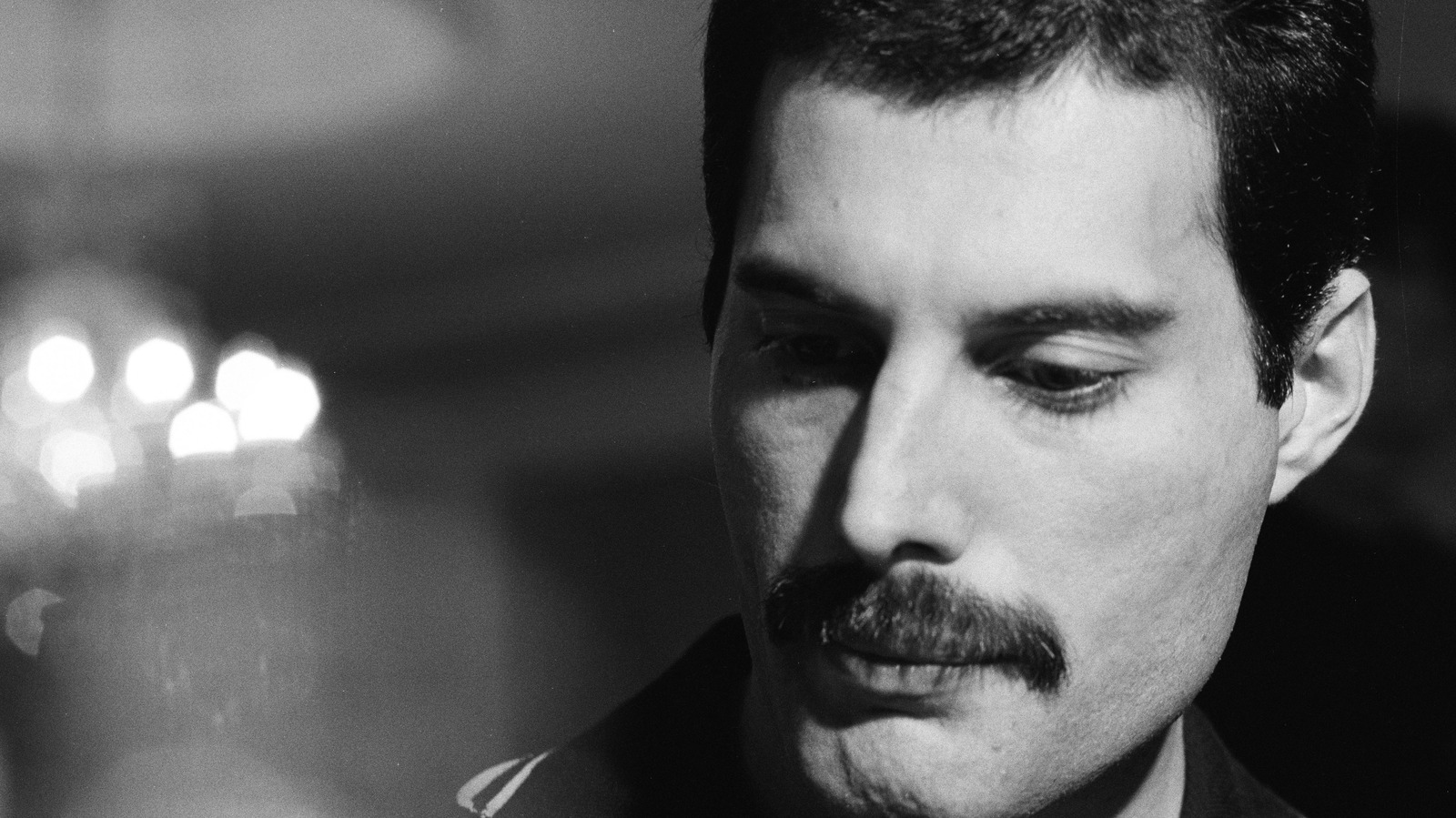
Freddie Mercury, born Farrokh Bulsara on September 5, 1946, in Stone Town, Zanzibar (now part of Tanzania), was a British rock singer and songwriter renowned for his flamboyant stage presence and powerful vocals as the frontman of Queen.
Raised in a Parsi family, Mercury spent much of his childhood in India, attending St. Peter’s School in Panchgani, where he began formal piano lessons and formed his first band, The Hectics. In 1964, his family fled the Zanzibar Revolution, relocating to Middlesex, England. There, Mercury pursued studies in art and design, eventually earning a diploma in graphic art and design from Ealing Art College.
Rise to Fame with Queen
In 1970, Mercury joined guitarist Brian May and drummer Roger Taylor to form the band Queen. His dynamic vocal range and theatrical performances propelled the band to international stardom with hits like “Bohemian Rhapsody,” “Somebody to Love,” and “We Are the Champions.” Mercury’s stage persona was marked by flamboyance and charisma, captivating audiences worldwide.
Personal Struggles and Health
Despite his public persona, Mercury was intensely private, especially regarding his personal life and health. In 1987, he was diagnosed with AIDS, a fact he kept confidential until November 23, 1991, when he released a public statement acknowledging his illness. He passed away just over 24 hours later, on November 24, 1991, at his home in Kensington, London, due to bronchial pneumonia resulting from AIDS-related complications.
Legacy
Mercury’s death brought significant attention to the AIDS crisis, contributing to increased awareness and research funding. In April 1992, The Freddie Mercury Tribute Concert for AIDS Awareness was held at Wembley Stadium, featuring performances by numerous artists and raising funds for AIDS charities.
Freddie Mercury remains a symbol of musical genius and artistic courage, his legacy enduring through his timeless music and the impact he had on both the music industry and public health awareness.